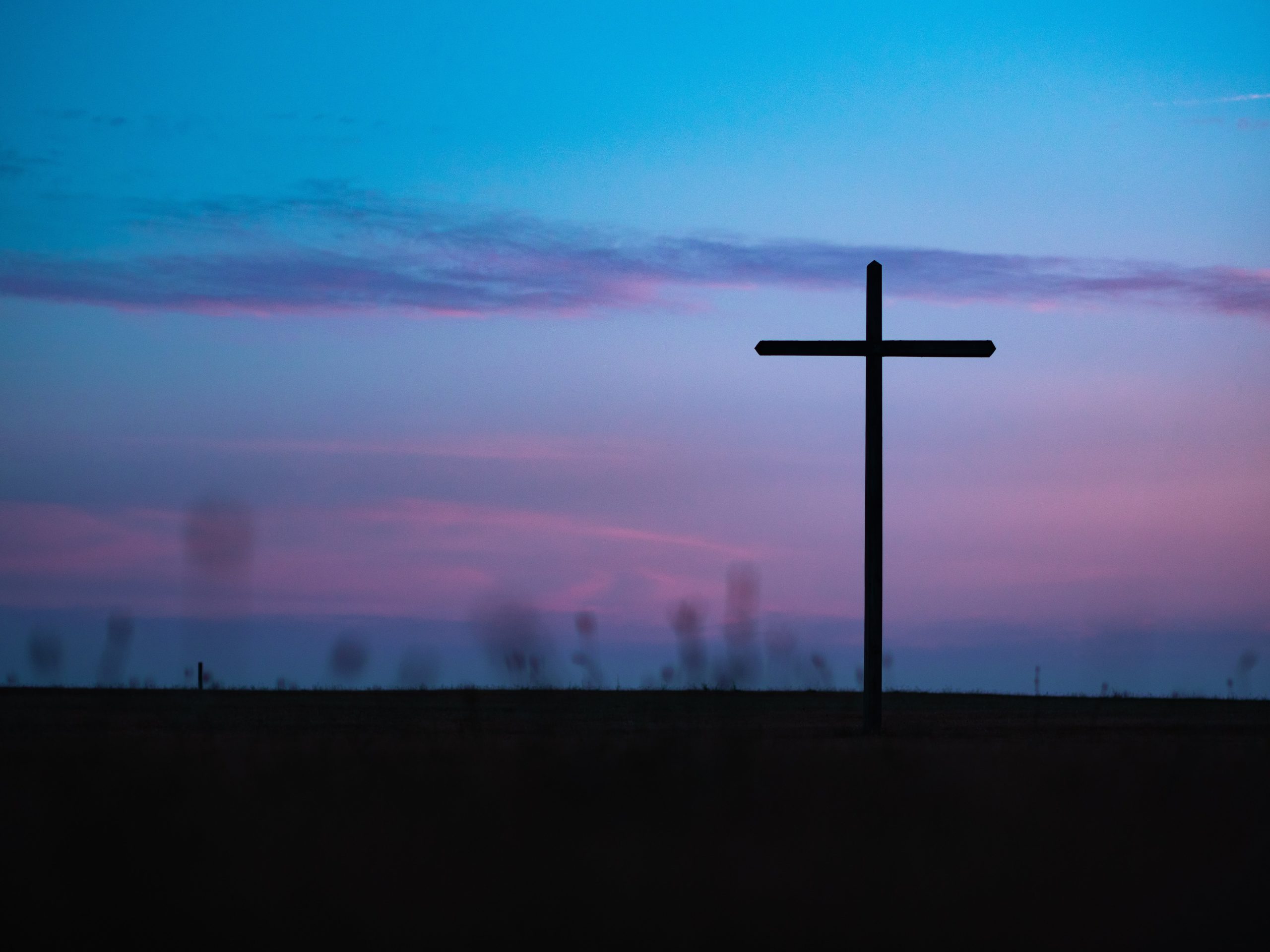The Illegal Trial of Jesus

One of the things that has always fascinated me is the rule of law and how trials operate to either convict or acquit the accused. Jewish law in particular had specific guidelines for how trials should be conducted. Violation of these guidelines was to be viewed as an illegal practice and a miscarriage of justice. But that didn’t stop the Jewish leadership from conducting an illegal trial against the Son of God.
The illegal trial of Jesus, as reported by the Gospels is evidenced in many ways. Since I’ve been reading through Will Varner’s Passionate about the Passion Week (see the podcast interview here), I thought I would post a few of his observations about the illegal nature of Jesus’ trial. Although Varner notes there were many illegal aspects of the trial of Jesus, here are a few of the more prominent illegalities.
The trial of Jesus was illegal because it was secret and held before the morning sacrifice.
Rabbinical Jewish law was specific that trials were to be held during daylight hours between the morning and evening offerings.
And there they remained in session from the time of the daily whole-offering of the morning until the time of the daily whole-offering at twilight. (b. Sanh. 88B)
In capital cases they try the case by day and complete it [the following] day (b. Sanh. 32A)
However, the Jewish leadership conducted an illegal trial of Jesus, questioning and convicting him during the night.
The trial of Jesus was illegal because it was concluded within one day.
There were anti-haste measures built into Jewish law. Jewish law stipulated that there had to be at least a day separating trial and verdict.
In capital cases they try the case by day and complete it [the following] day. (b. Sanh. 32A)
In capital cases they come to a final decision for acquittal on the same day, but on the following day for conviction (b. Sanh. 32A)
There was to be time to reflect on case, however, this demonstrates that for the Jewish leaders it was not an attempt at justice. Rather, it was an effort quickly dispose of a troublemaker.
The trial of Jesus was illegal because it was a unanimous decision.
In Jewish law there could not be a unanimous conviction in capital cases.
In property cases all [judges and even disciples] argue either for acquittal or conviction. In capital cases all argue for acquittal, but all do not argue for conviction. (y. Sanh. 4:4)
The trial of Jesus was illegal because the defense was to have the first word before any prosecutors could present their accusations.
As we track the trial in the Gospels, it is clear that Jesus is silent throughout the whole trial until the very end. He is obviously aware (as are the others) that this is a sham, illegal trial.
The trial of Jesus was illegal because there must be two or three witnesses and they must agree on the details.
As we read the narrative, we might have a brief surge of hope that there are no witnesses who can agree on the accusation against Jesus. However, this standard is disregarded by the Jewish leadership, and they claim there is no further need for witnesses (Matt 26:65).
As we read the trials of Jesus we realize it is illegal and a sham. There is no attempt to administer justice. Rather, the Jewish leaders are jealous of Jesus (Mark 15:10), so they want to murder Him to remove Him from the picture. The mistrial of Jesus is one of the greatest mockeries of justice in the history of the court.
Photo by Aaron Burden on Unsplash